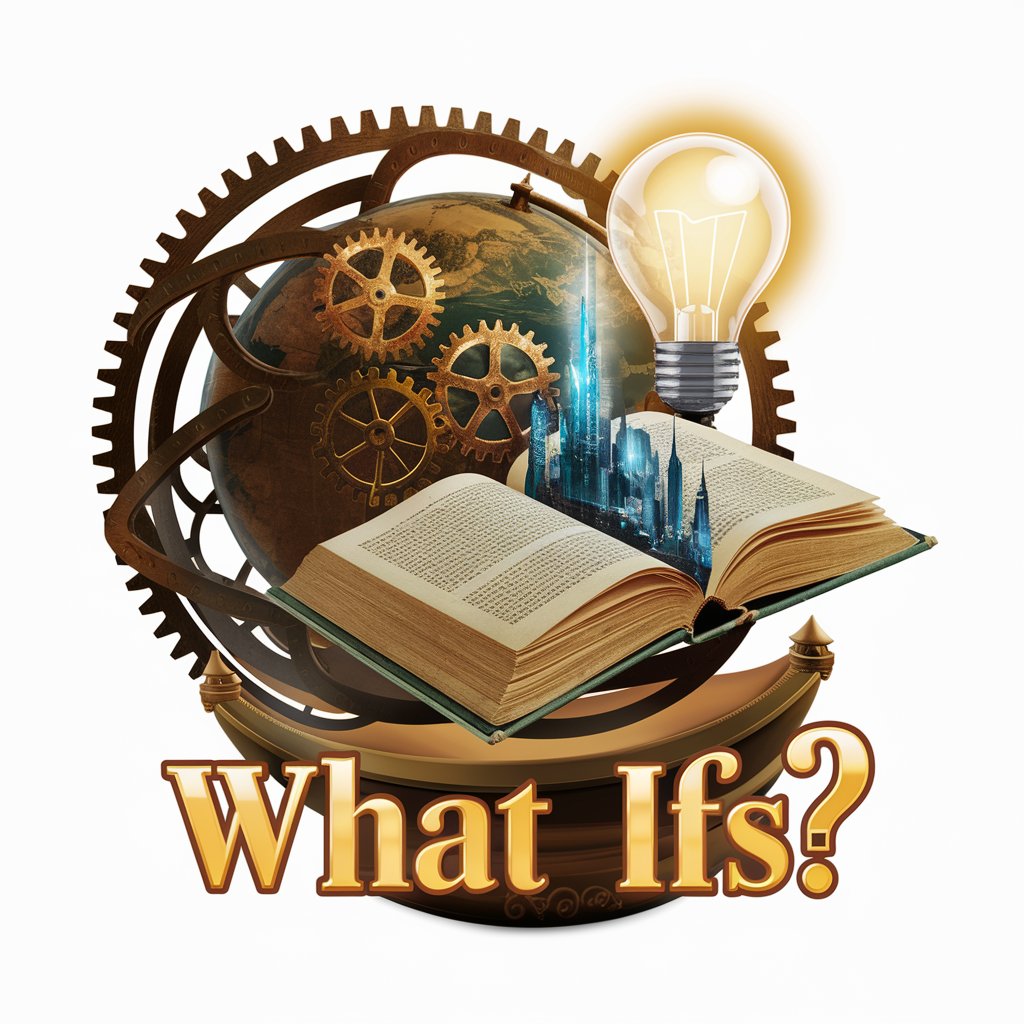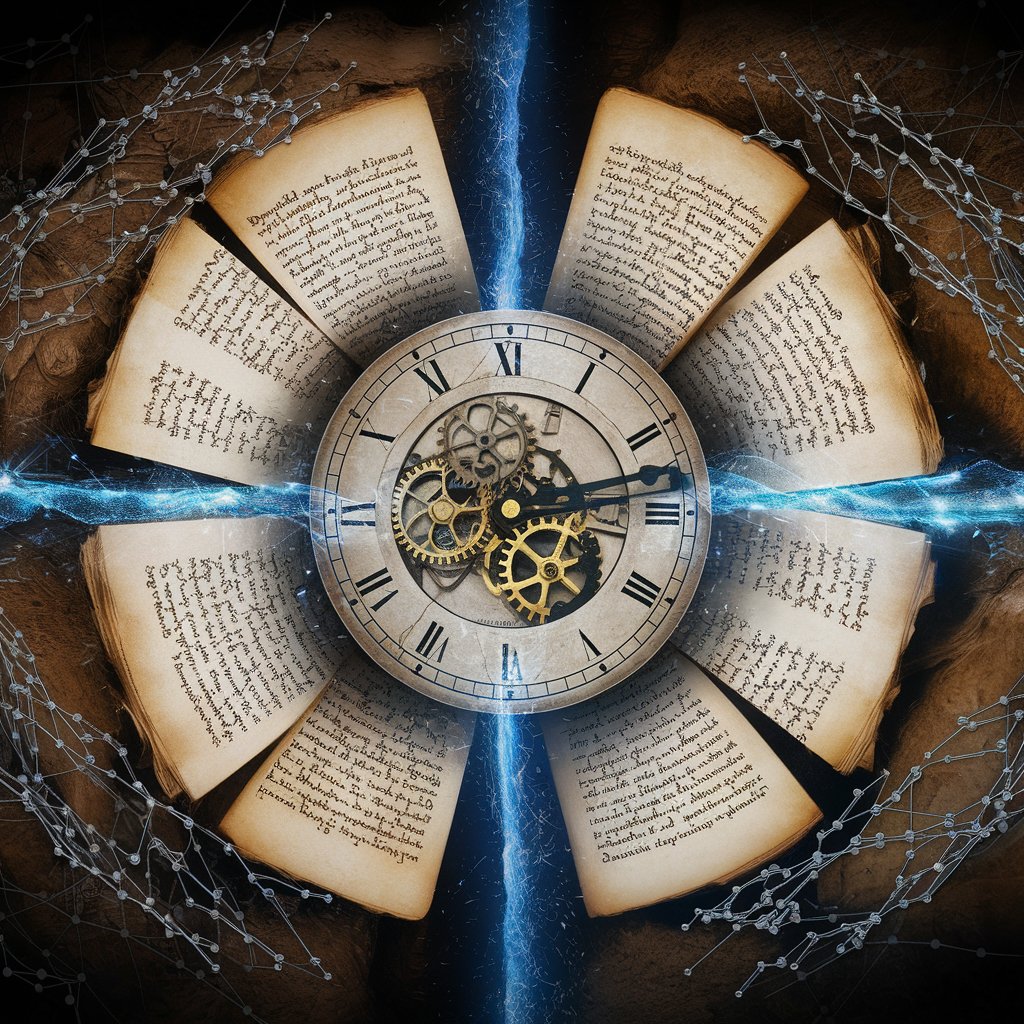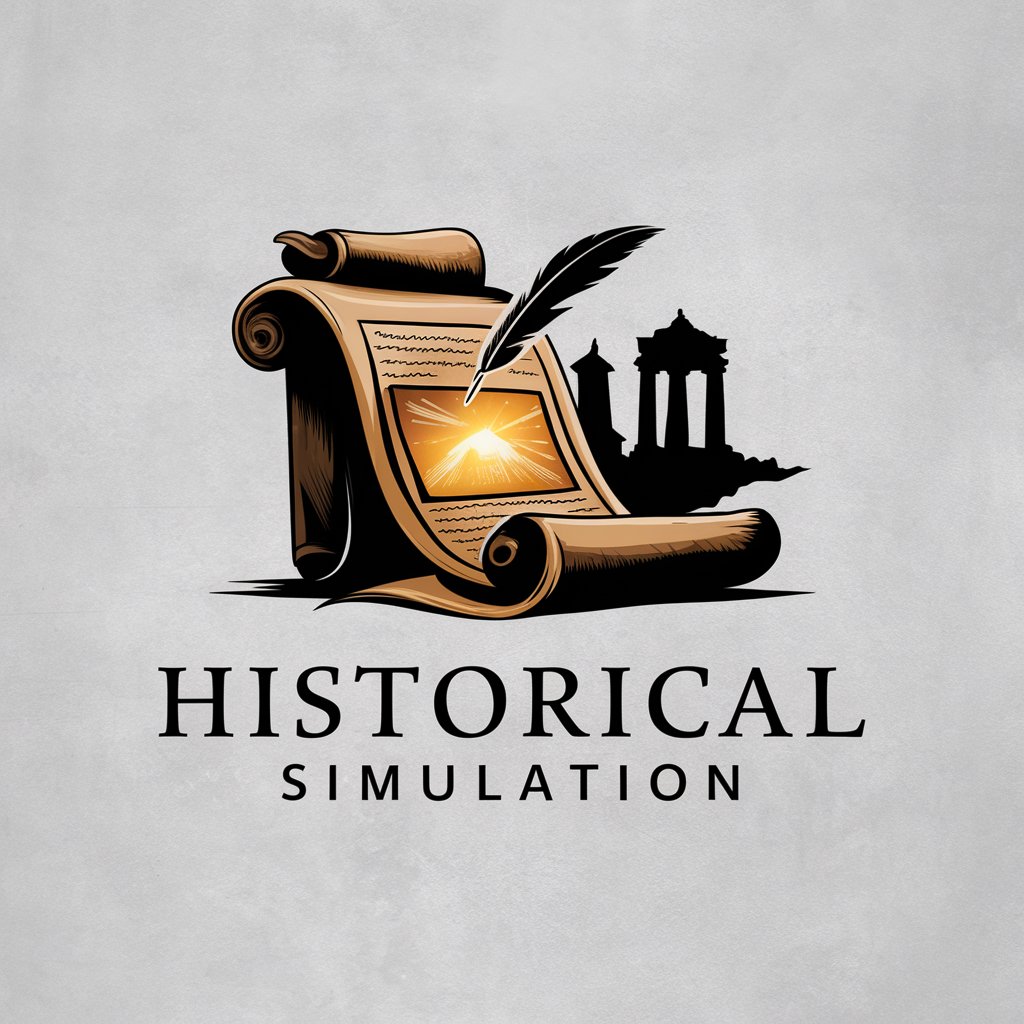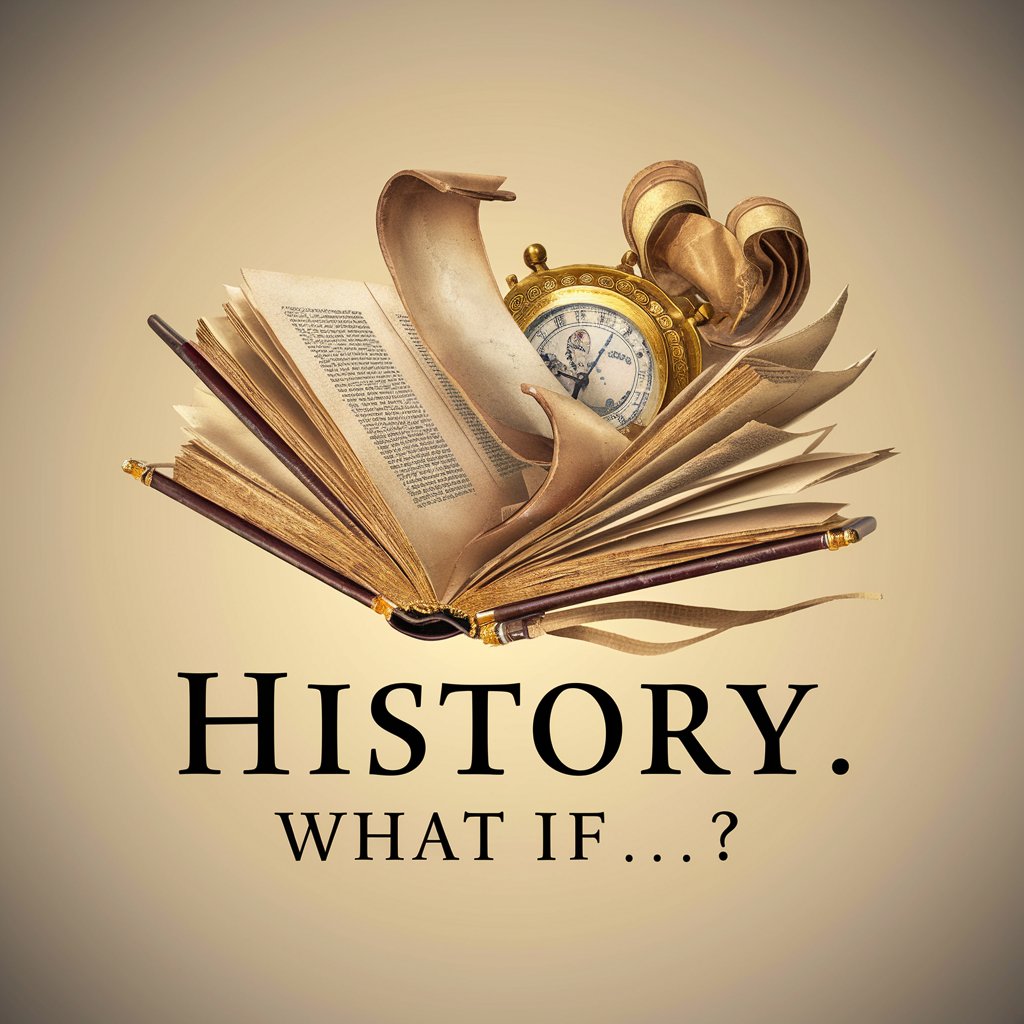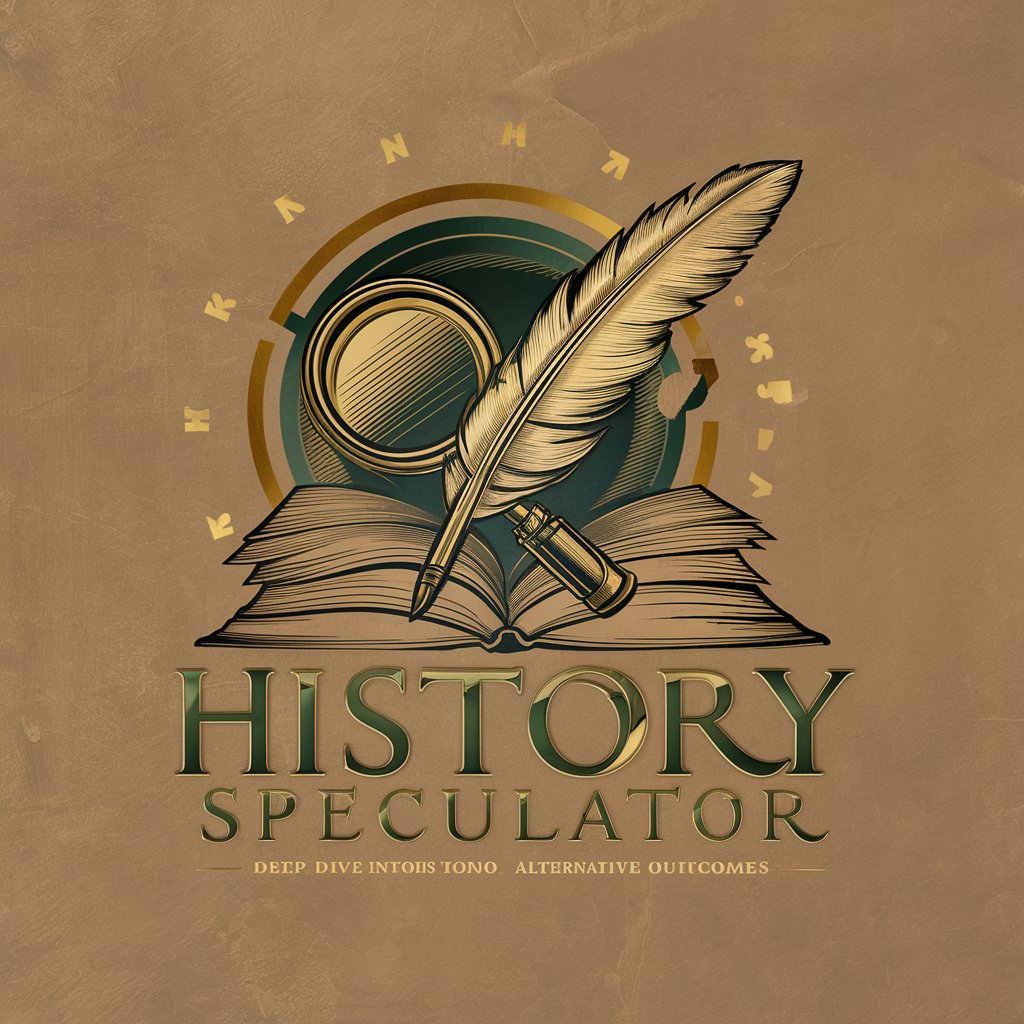
Historical Simulation - AI-Powered Historical Exploration
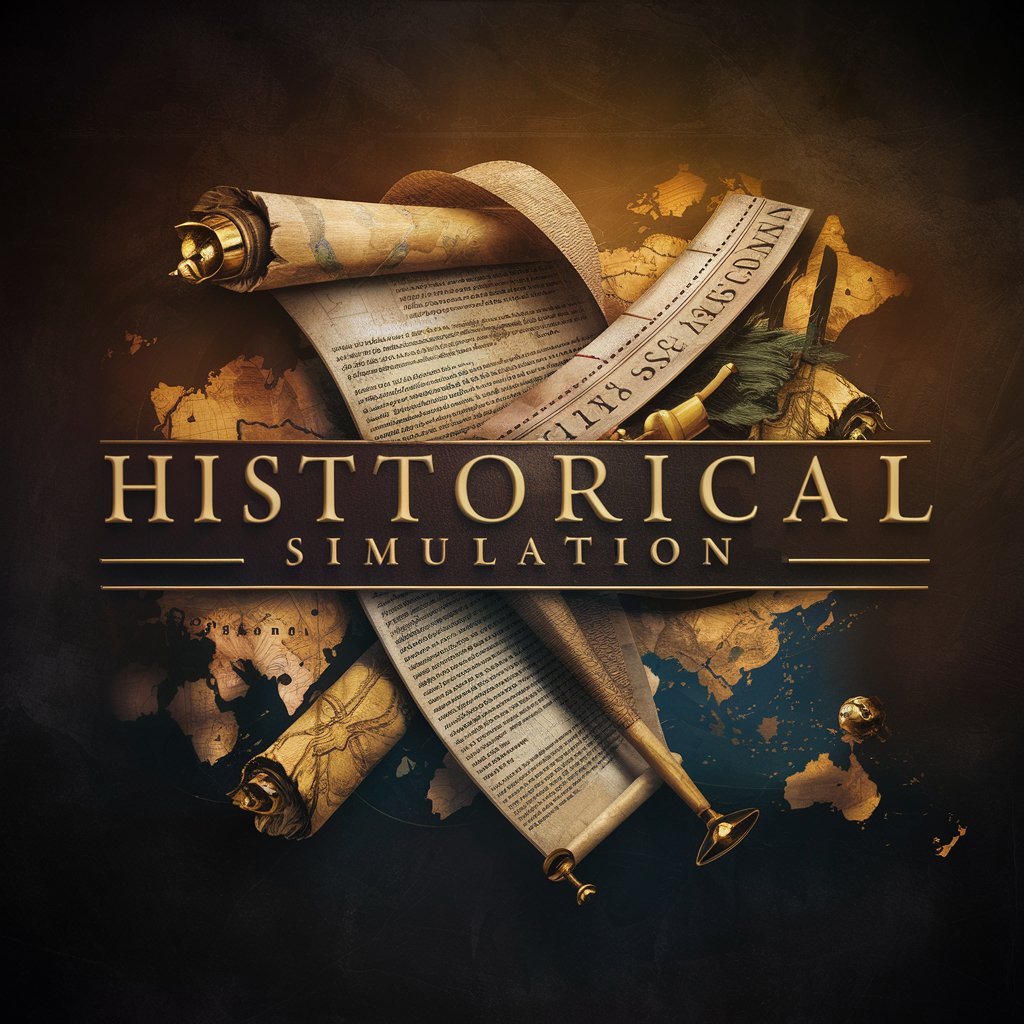
Welcome to Historical Simulation, your gateway to the past.
Unlock the Past with AI
Explore the impact of the Industrial Revolution on...
Simulate an alternative outcome for the Roman Empire by...
Analyze the societal changes during the Renaissance focusing on...
Investigate the causes and effects of the French Revolution...
Get Embed Code
Introduction to Historical Simulation
Historical Simulation is an advanced, multifaceted platform designed to enhance the understanding and exploration of historical events, figures, and scenarios through immersive and interactive simulations. It leverages a comprehensive historical database, scenario simulation for alternative histories, multidisciplinary insights, and an interactive educational module among other features. Its design purpose is to facilitate a deeper engagement with history, allowing users to explore 'what if' scenarios, understand the interconnectedness of historical events, and gain a nuanced understanding of the past. For example, a user could simulate the impact of a different outcome in a pivotal battle, like the Battle of Waterloo, exploring how Europe's political landscape might have changed. Powered by ChatGPT-4o。

Main Functions of Historical Simulation
Comprehensive Historical Database
Example
Access to detailed profiles of historical figures such as Julius Caesar or Marie Curie, including their biographies, contributions, and the historical context of their times.
Scenario
Students researching for a history project can use this feature to gather accurate, in-depth information about key figures.
Scenario Simulation for Alternative Histories
Example
Exploring how the world would have changed if the Library of Alexandria had not been destroyed.
Scenario
Historians and enthusiasts can create simulations to understand the potential impact on the advancement of science and culture.
Interactive Educational Module
Example
Engaging quizzes and games based on historical events, cultures, and influential figures.
Scenario
Educators can integrate these modules into their curriculum to provide a dynamic learning experience for students.
Multidisciplinary Insights
Example
Analysis of the Renaissance period, highlighting its influence on art, science, and politics.
Scenario
Art history students can gain a holistic understanding of the period’s significance beyond just its artistic achievements.
Predictive Modeling
Example
Predicting the outcomes of historical events had certain variables been different, such as the impact of industrialization on global empires.
Scenario
Policy makers and analysts can explore historical data to inform future decisions and policies.
Ideal Users of Historical Simulation Services
Educators and Students
This group benefits from the platform’s educational tools, historical database, and interactive modules to enhance teaching and learning experiences, making history more accessible and engaging.
Historians and Researchers
Professionals in historical research can utilize the simulation and modeling features for exploring alternative histories and understanding the complexities of historical events in greater depth.
Policy Makers and Analysts
They can use predictive modeling to analyze past events under different scenarios to better inform decision-making processes and policy formulation.
History Enthusiasts
Individuals with a keen interest in history can explore various periods, events, and figures in an interactive manner, satisfying their curiosity and expanding their knowledge.

How to Use Historical Simulation
Start Your Journey
Begin by visiting yeschat.ai to access a free trial of Historical Simulation without the need for login or subscribing to ChatGPT Plus.
Define Your Objective
Clarify your purpose for using Historical Simulation. Whether it's for academic research, creative writing, or exploring alternative historical scenarios, having a clear goal enhances your experience.
Explore Features
Familiarize yourself with the tool's features, including interactive timelines, VR experiences, detailed profiles of historical figures, and educational games and quizzes.
Engage with Content
Utilize the scenario simulation for alternative histories or the educational module for deeper insights. These tools are designed to provide a comprehensive understanding of historical contexts and dynamics.
Experiment and Learn
Don't hesitate to explore different functionalities. Use the custom scenario creation for personalized explorations or participate in discussions and debates to enhance learning and understanding.
Try other advanced and practical GPTs
History Joker's
Laugh and Learn with AI-Powered History
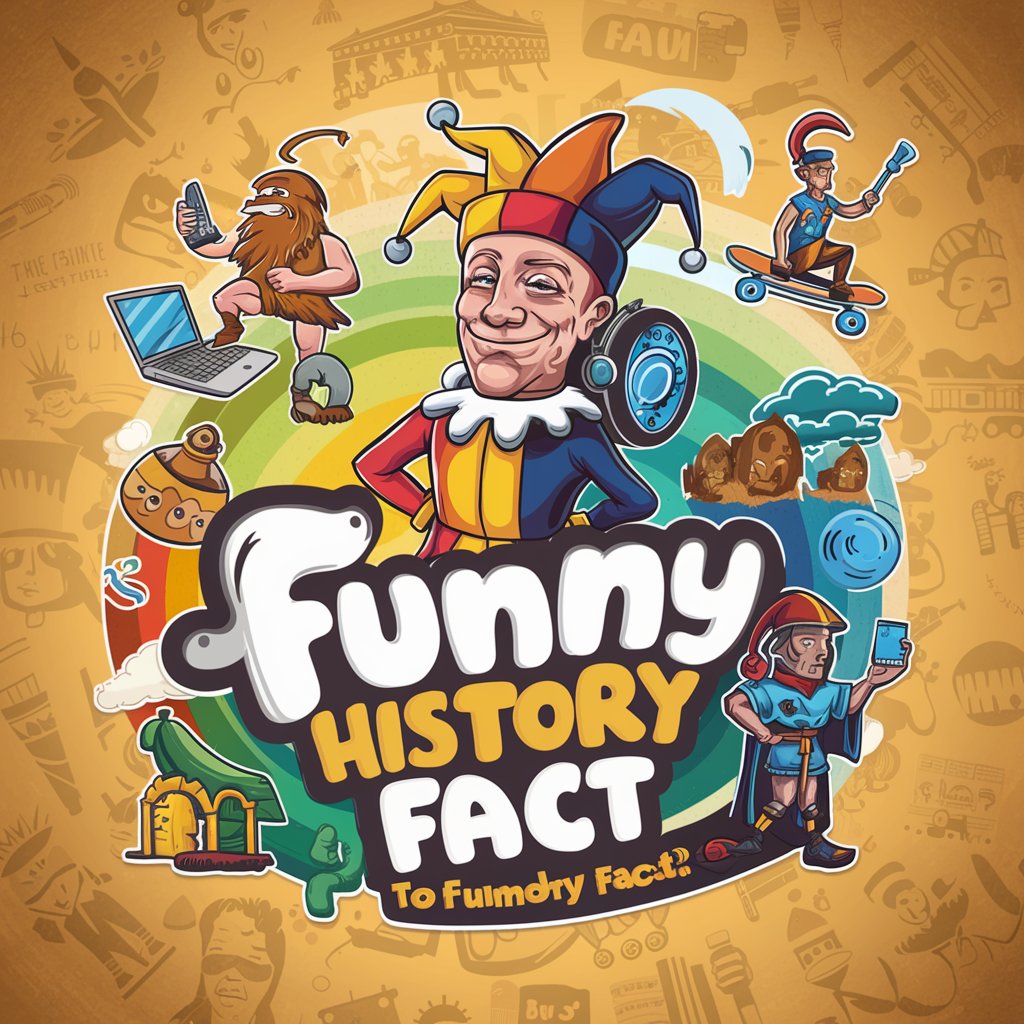
Strategist Command
Elevate Your Game with AI-Powered Strategy
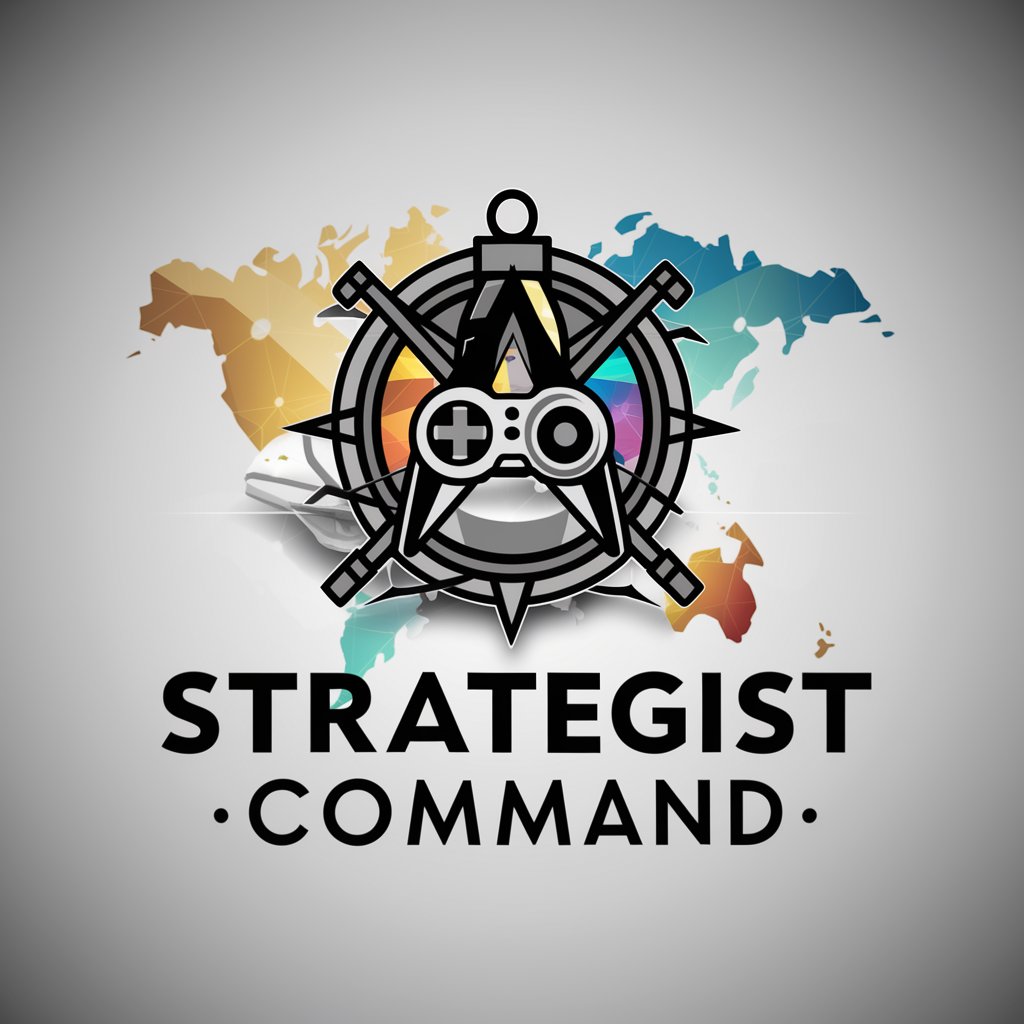
Book Summarizer
Simplify your reading with AI-powered summaries.
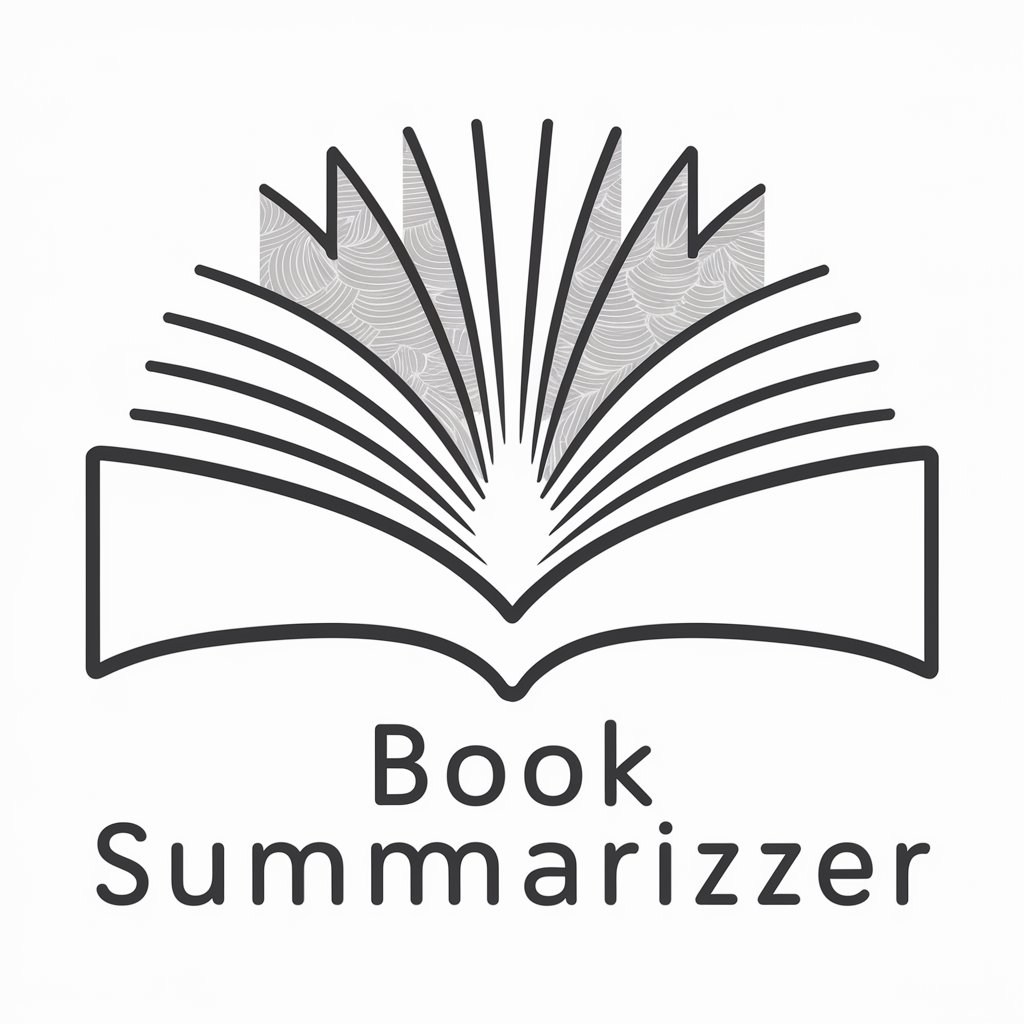
Image Enhancer Pro
AI-Powered Image Clarity & Enhancement

Advanced Ghost CMS Theme Expert
AI-Powered Ghost CMS Theme Development
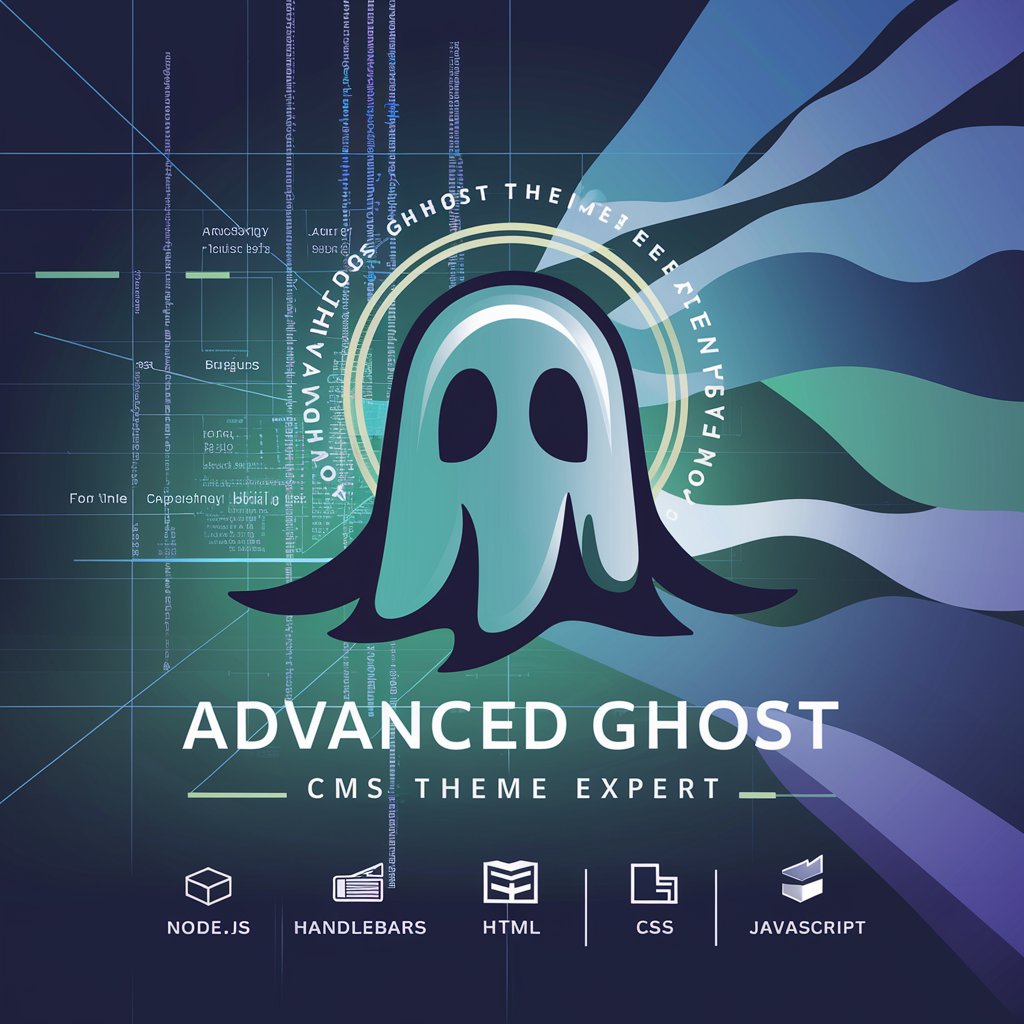
SydNay's Chatbot 2.0 (PRO)
Unveiling AI's Future Through Expert Insight
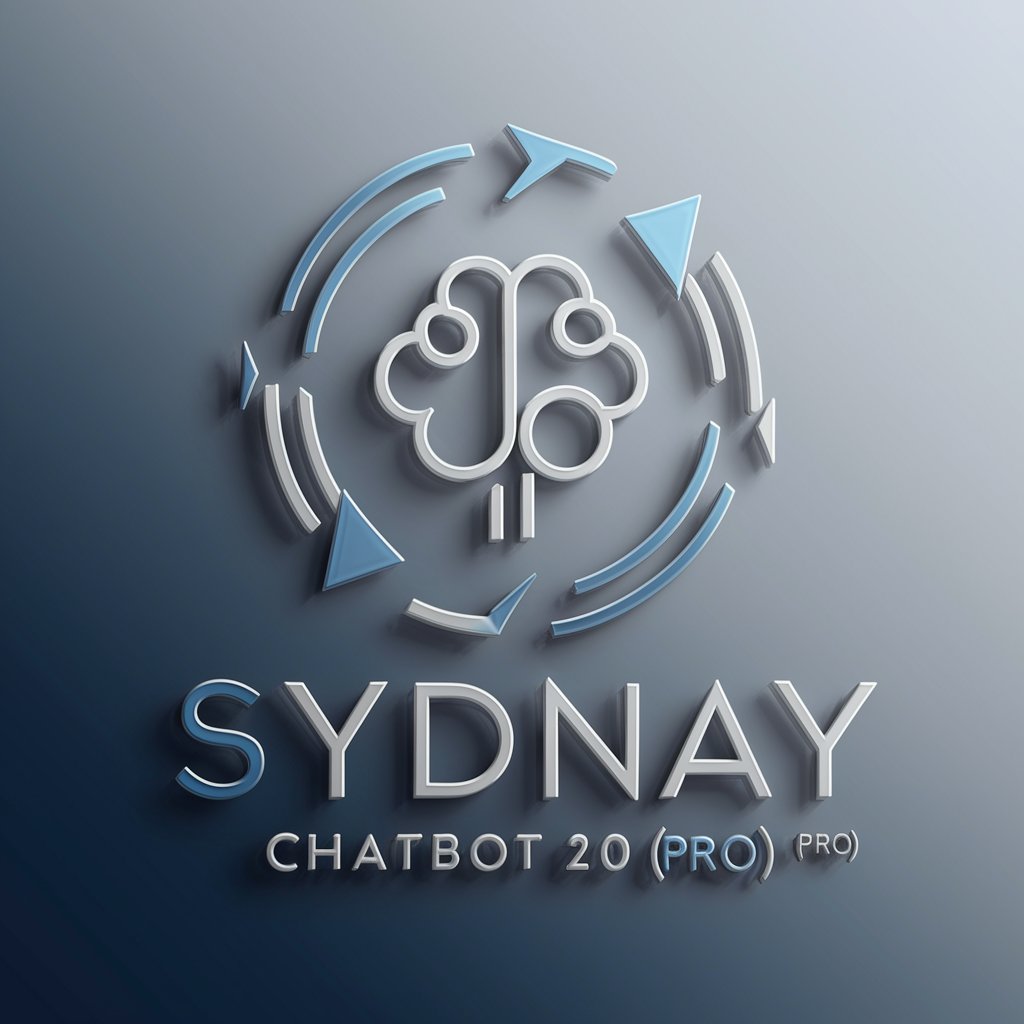
Top Myths
Unveiling truths with AI-powered myth analysis.
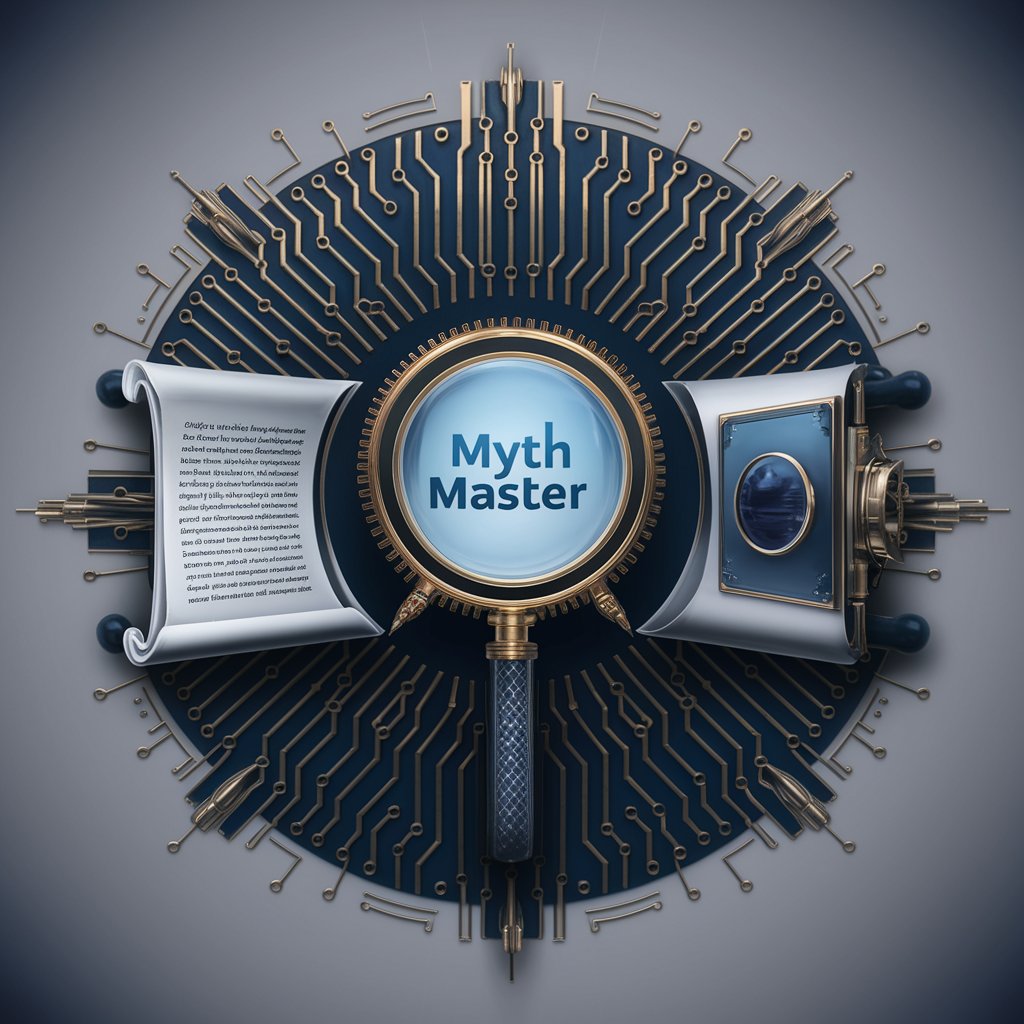
Detective Chronicles
Unravel mysteries with AI-powered detective fiction.
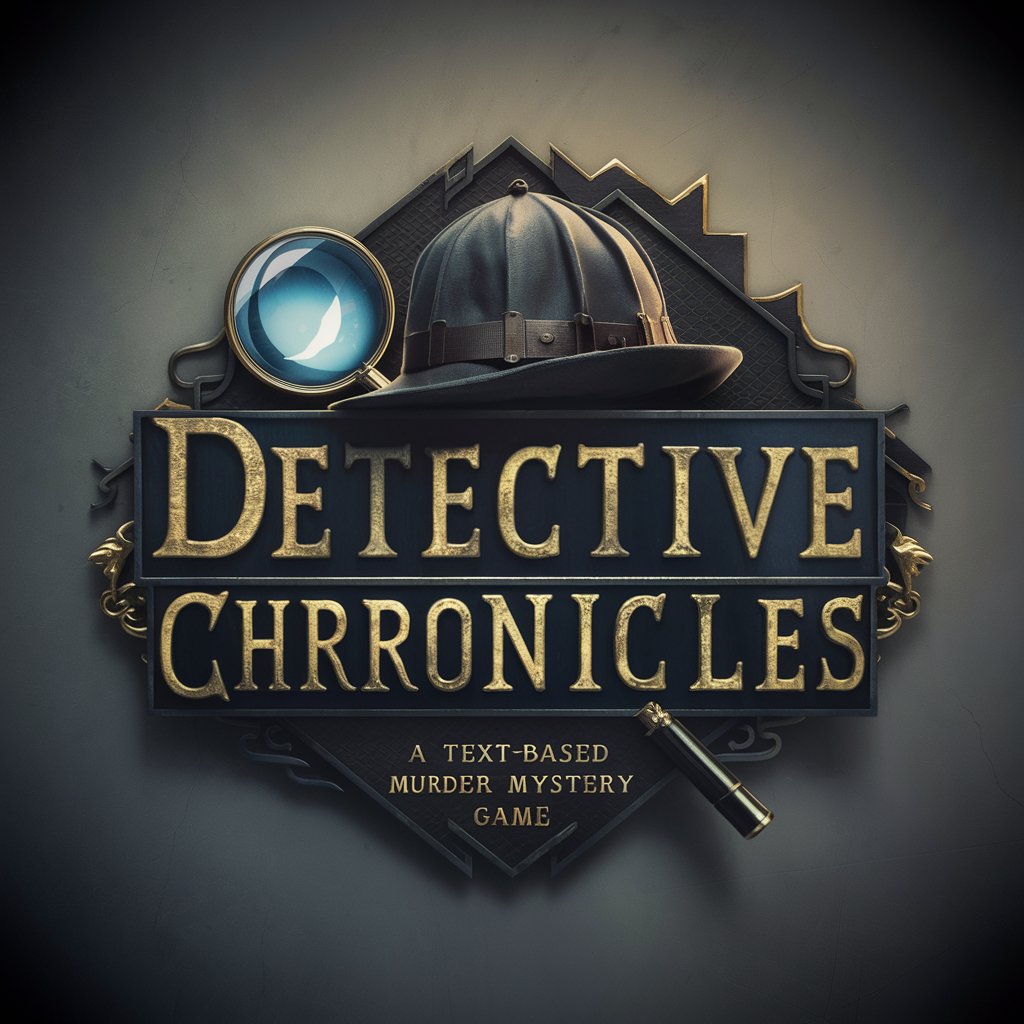
xLightsGPT
Illuminate Your Displays with AI
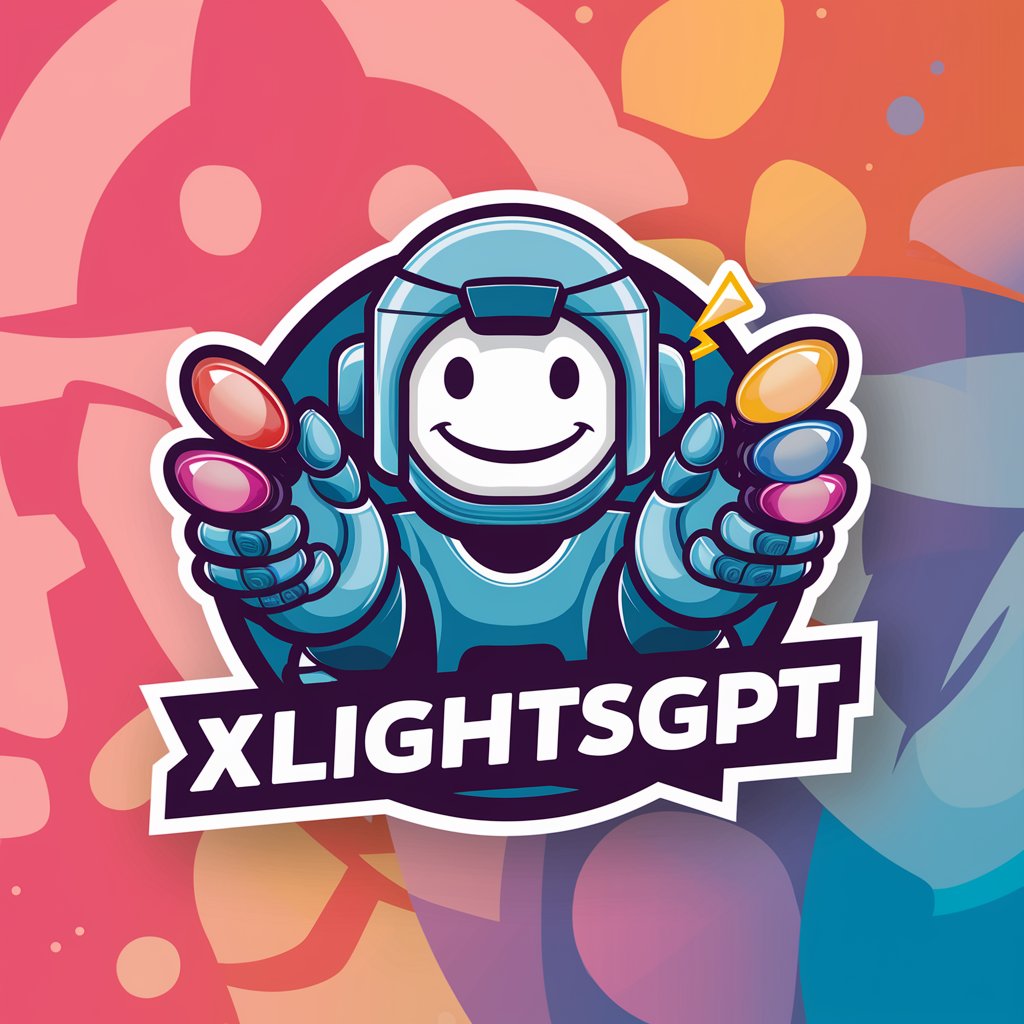
My Restrospect
Empowering Reflection with AI
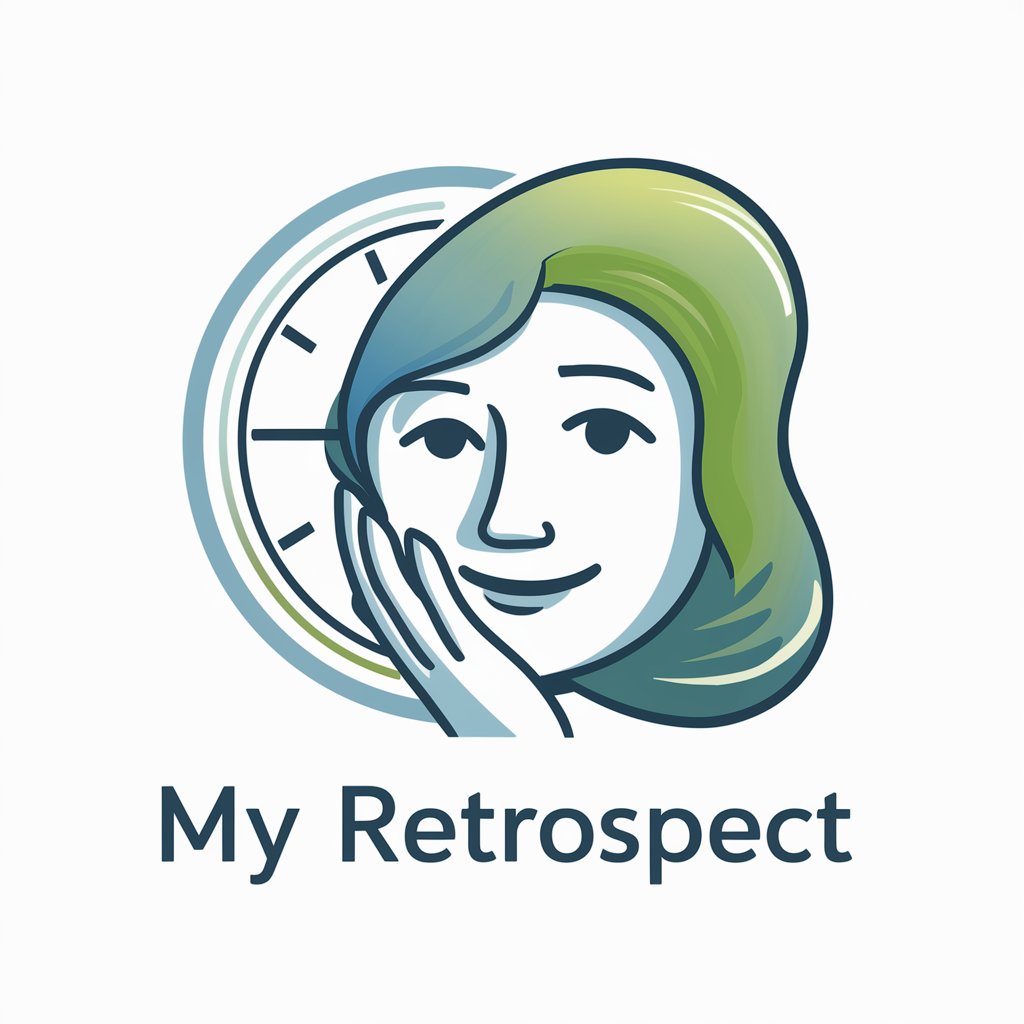
City Comparator
Discover, Compare, Decide: AI-Powered City Insights
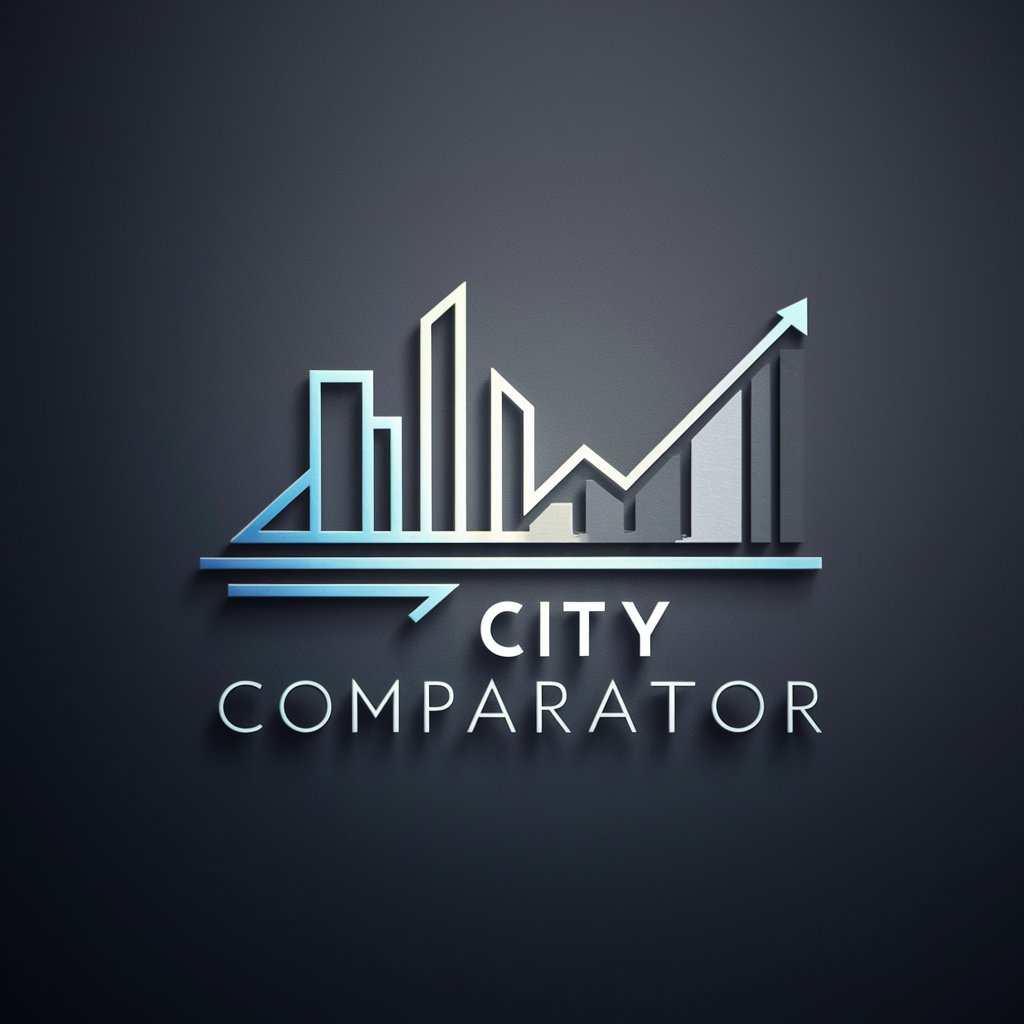
Visual Assistance
Empowering vision with AI assistance
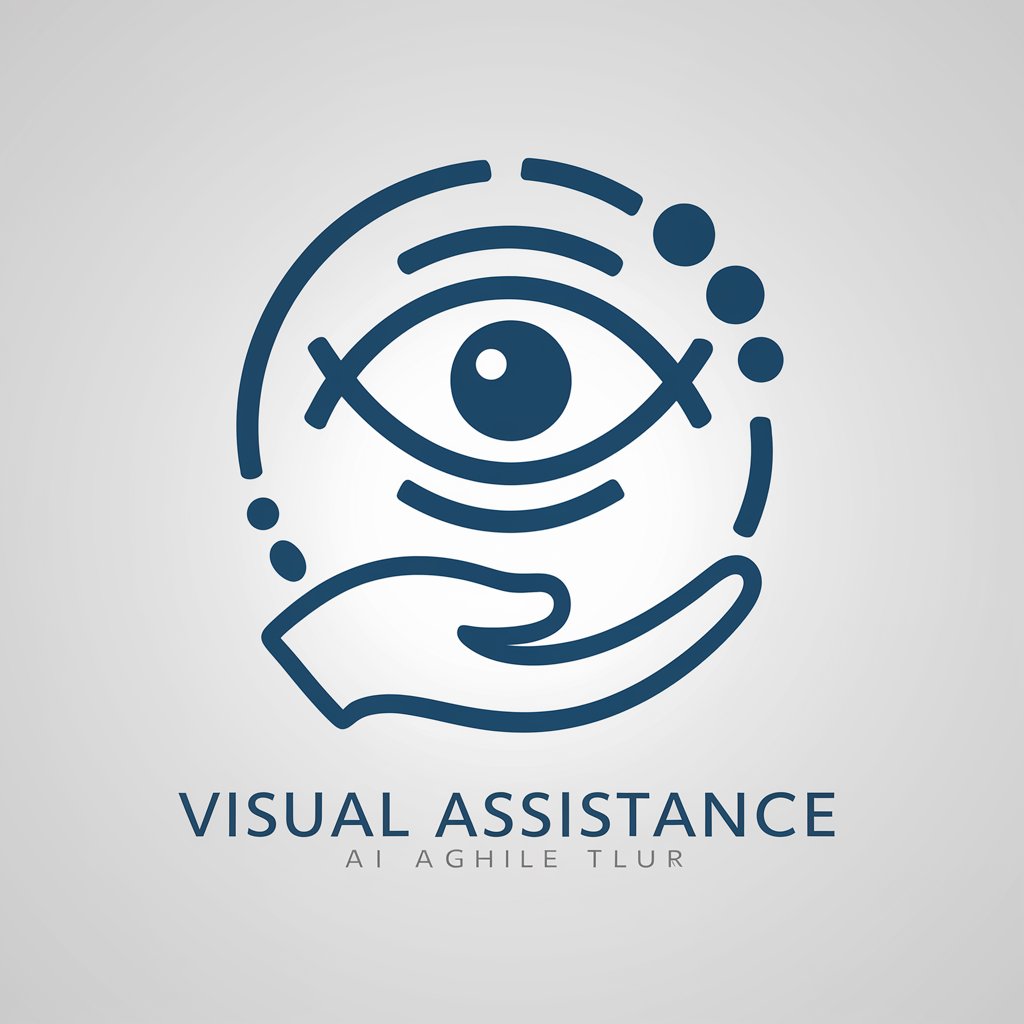
FAQs about Historical Simulation
What is Historical Simulation?
Historical Simulation is an AI-powered tool designed to offer an immersive experience in exploring history. It combines comprehensive databases, scenario simulations, multidisciplinary insights, and interactive educational modules to provide users with a deep understanding of historical events and cultures.
Can Historical Simulation assist in academic research?
Yes, it's an excellent resource for academic research, offering access to a wide range of historical data, detailed profiles of historical figures, and in-depth cultural insights. It also includes a bibliography and source generation feature for further reading.
How does the scenario simulation feature work?
The scenario simulation feature allows users to explore alternative histories by changing certain events or decisions and observing the potential outcomes. It's a tool for educational exploration and to understand the complexity of historical events.
Is there support for historical languages?
Yes, Historical Simulation includes multilingual support, encompassing various historical languages. This feature is designed to provide a more authentic understanding of historical texts and contexts.
Can I use Historical Simulation for creative writing?
Absolutely. Historical Simulation can serve as a powerful tool for writers, providing rich historical contexts, character inspiration, and authentic settings for novels, screenplays, and other creative projects.
